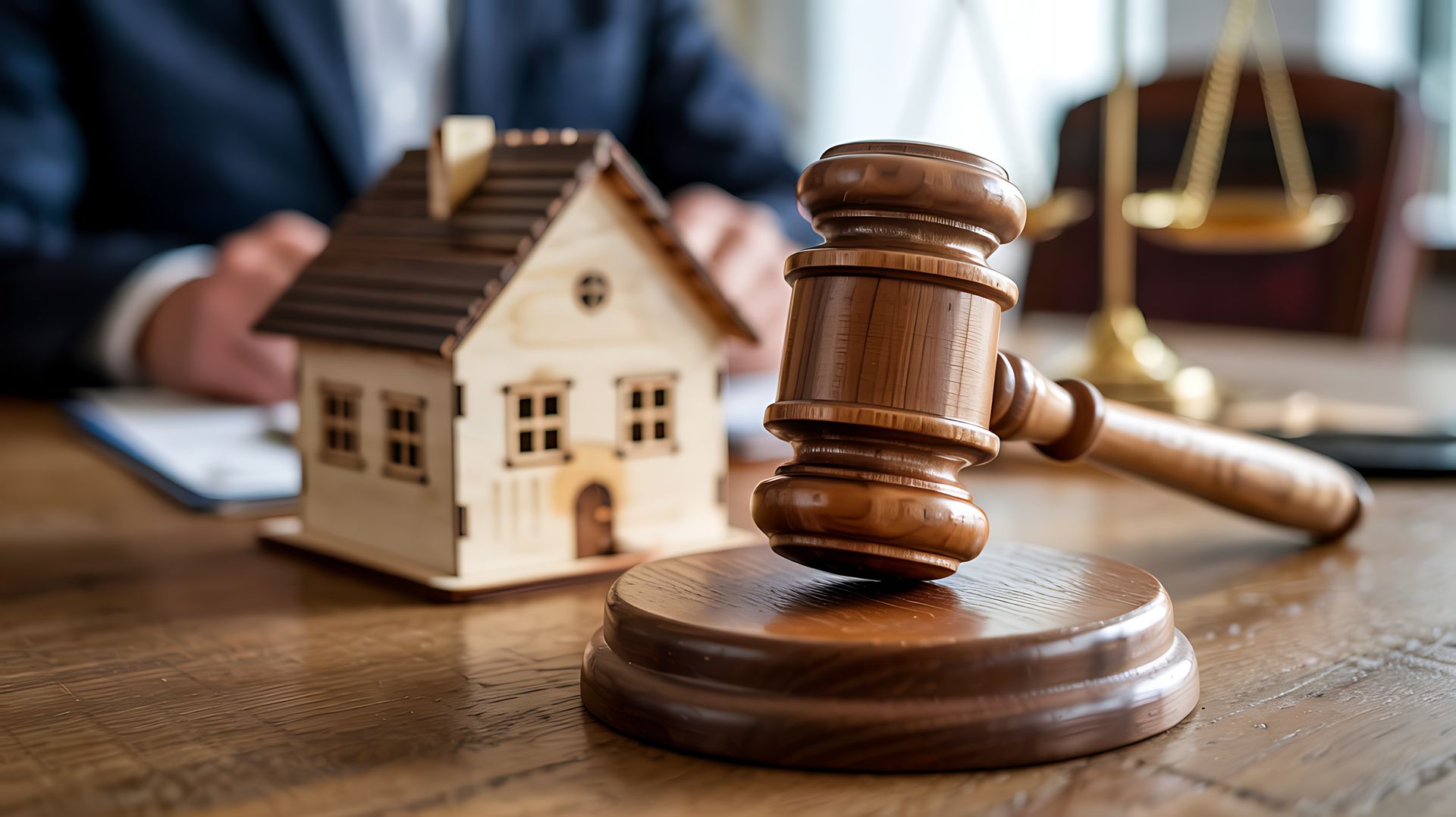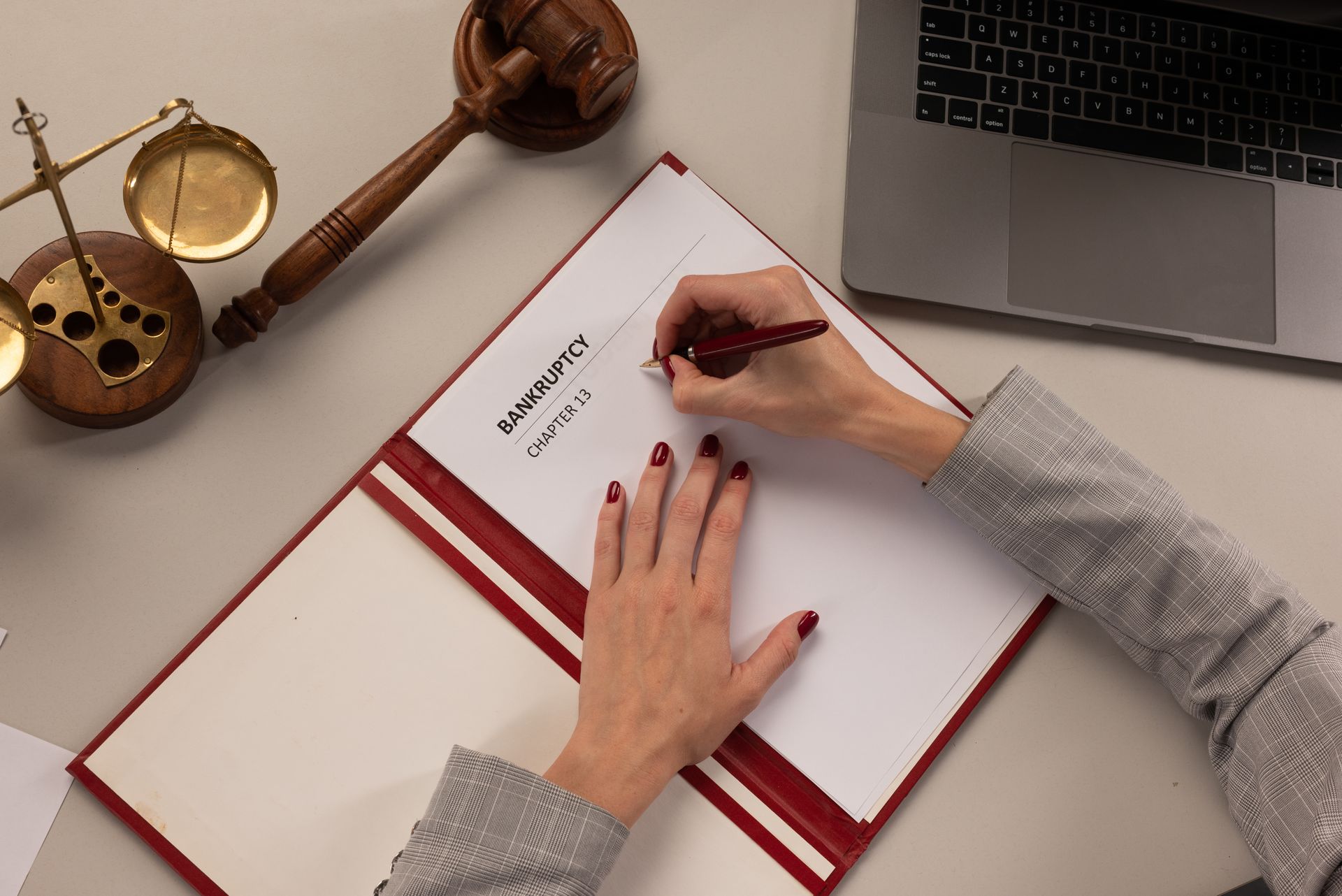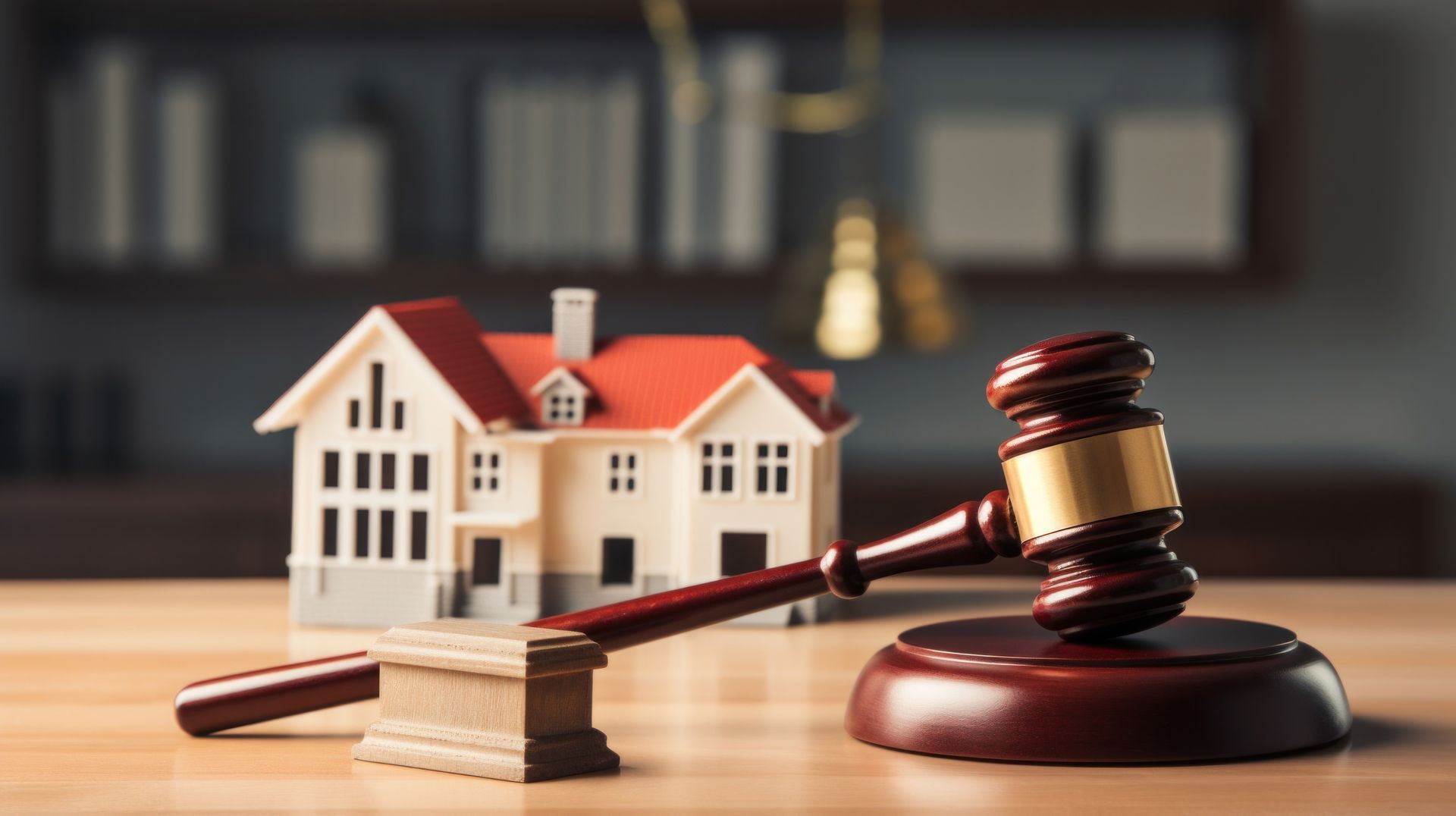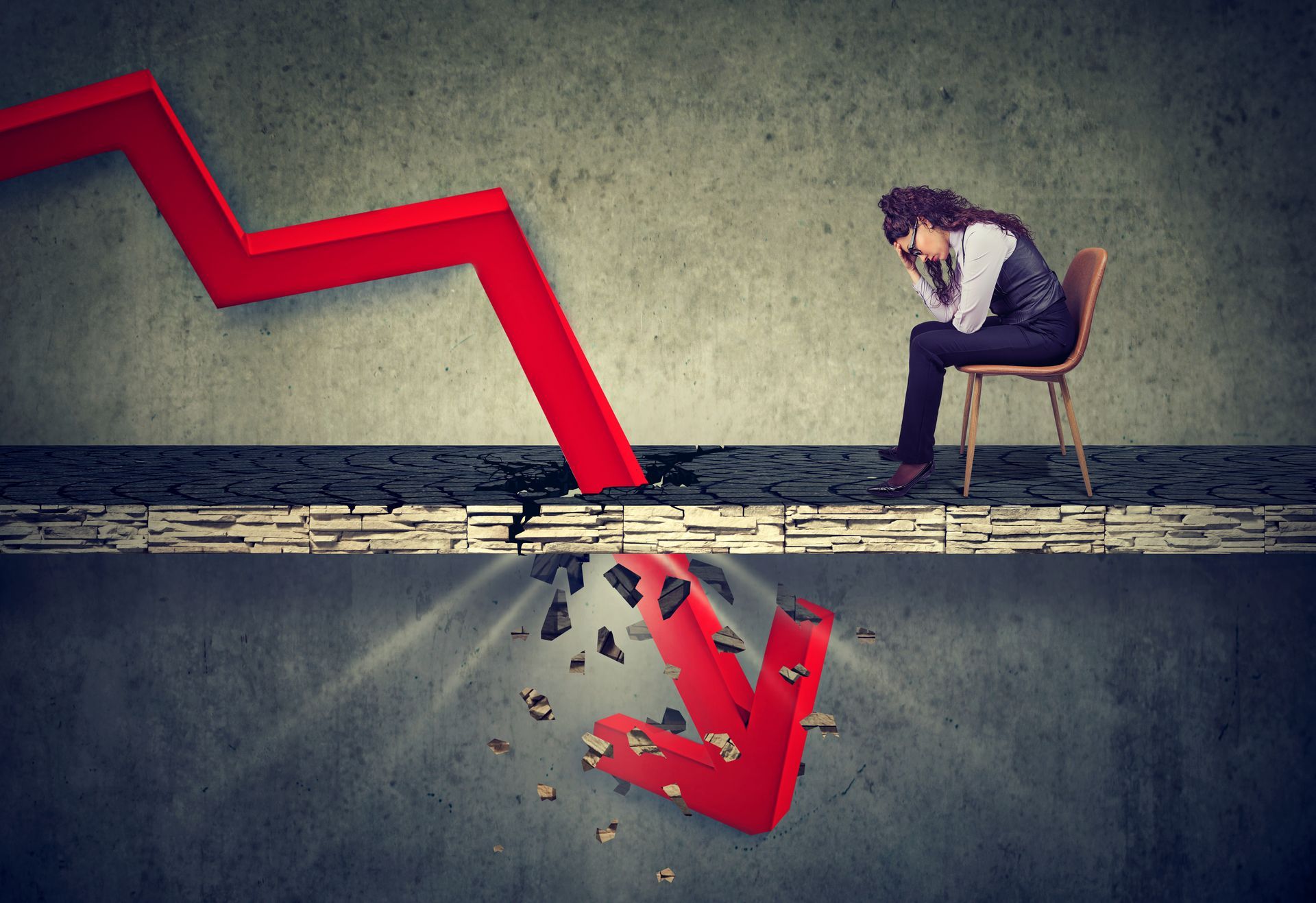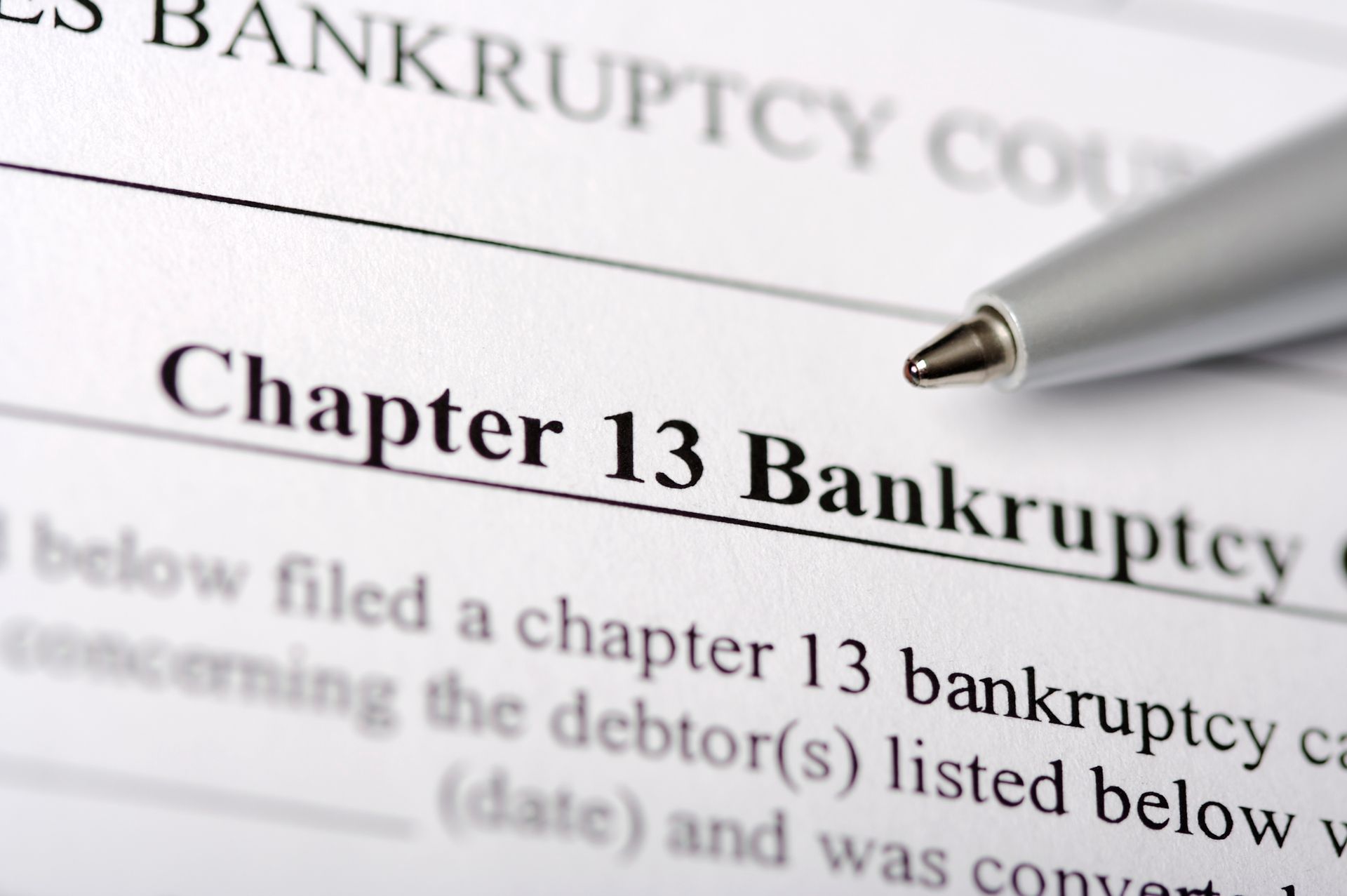Discussing Chapter 7 vs Chapter 13 in Monmouth County

When you are dealing with unmanageable debt and considering bankruptcy, it can be challenging to determine which kind of bankruptcy is right for you. Chapter 7 and Chapter 13 bankruptcy offer different solutions for eliminating debt. Each type of bankruptcy has a different method of paying back your creditors, and each provides specific protections and benefits for the debtor filing. Veitengruber Law has extensive experience working with clients to file Chapter 7 and Chapter 13 in Monmouth County. Here are a few of the main differences between Chapter 7 and Chapter 13. Understanding these differences can help you make an informed decision about your financial future.
1. Liquidation v. Reorganization
Chapter 7 bankruptcy is referred to as liquidation bankruptcy, while Chapter 13 bankruptcy is frequently called reorganization bankruptcy. The mechanism for dealing with debt under Chapter 7 includes liquidating assets to pay back creditors. While you can protect specific assets under Chapter 7 based on federal or state exemptions, unexempt property can be sold to raise the funds needed to pay some of the debt owed to creditors. On the other hand, Chapter 13 is a reorganization of debts that allows you to pay back creditors over three or five years with agreed-upon monthly payments. Unlike Chapter 7, which allows a discharge after a few months, Chapter 13 debts are discharged only at the end of a successful repayment plan.
2. Eligibility Requirements
Chapter 13 and Chapter 7 have different eligibility requirements. For Chapter 7, you are required to pass the Means Test. This financial test determines if your income is low enough to be eligible for Chapter 7 bankruptcy. This can either be because your take-home income is below the median income for your state OR your expenses exceed your income, making it impossible for you to complete a Chapter 13 repayment plan successfully. Similarly, you must prove that you have the income to realistically make payments under a court-approved repayment plan.
3. Benefits and Drawbacks
There are general benefits and drawbacks to both kinds of bankruptcy. Under Chapter 7, debtors get a quick discharge and a fresh start but may lose valuable or beloved property in the process. Under Chapter 13, debtors can keep their property and catch up on missed or late payments on non-dischargeable debt, but they must make all monthly payments in full and on time for the entire repayment period. These general benefits and drawbacks will impact individual filers in different ways. There will also be some aspects of each type of bankruptcy that benefit some while hurting others. The individualistic nature of how bankruptcy impacts each person is why it is crucial for those seeking bankruptcy to discuss their options with an experienced attorney first.
Veitengruber Law offers a personalized approach to debt solutions in New Jersey. We understand that the circumstances surrounding your debt troubles are as unique as you. Getting out of unmanageable debt is not a one-size-fits-all solution. Whether you are considering debt negotiation, load modification, Chapter 7 bankruptcy, or Chapter 13 Bankruptcy in Monmouth County, we can help. Reach out to us for a free consultation on your options today. We are here to listen, understand, and provide you with the best possible solution for your financial situation.
